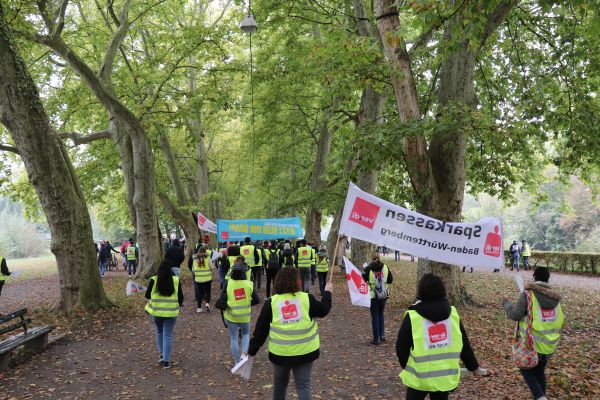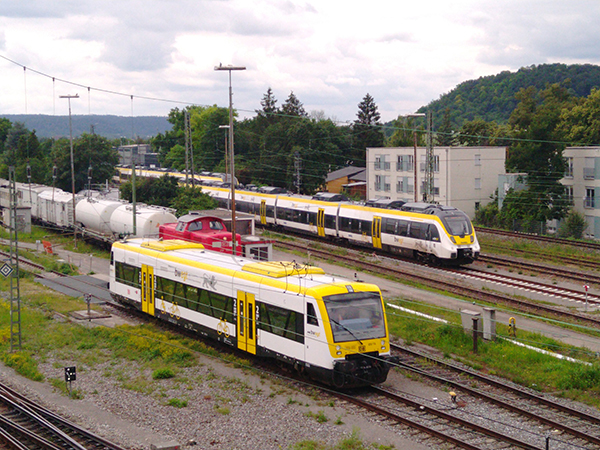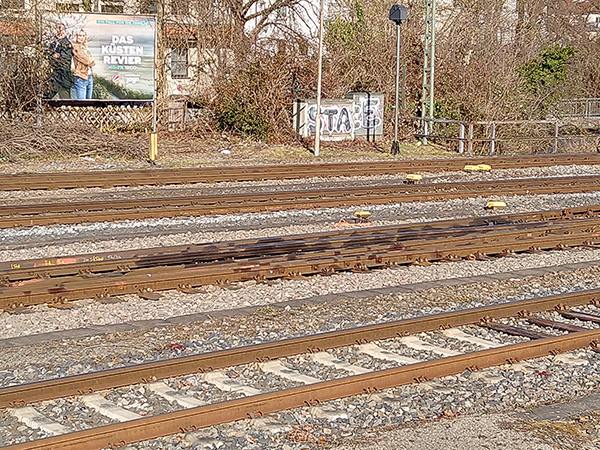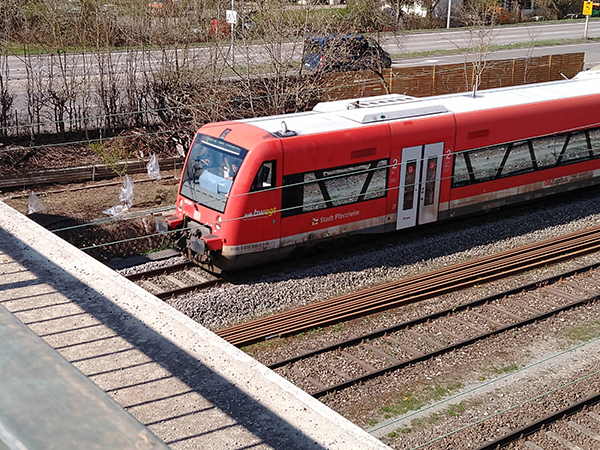Whenever there are no trains running in Germany, the city buses stay in the garage and the drivers demonstrate for higher wages on the streets, the question always arises: Are they actually allowed to do that? They are allowed to, because the right to strike is guaranteed in Germany with reference to the Basic Law. However, this presupposes that rules are observed. Only those who have been called on to strike by the relevant trade union may do so. And unions may only call strikes in the context of current wage disputes. Political strikes or even a general strike are prohibited by law. Civil servants—teachers or police officers, for example—are also not allowed to strike. A good overview of this can be found at the Federal Agency for Civic Education: https://www.bpb.de/kurz-knapp/lexika/handwoerterbuch-politisches-system/202193/tarifpolitik-tarifautonomie/.
The background to this is the so-called autonomy of collective bargaining. Wages and salaries in Germany are not set by the state and, in most cases, not simply by the company boss. Collective agreements apply in most industries—and these have been negotiated between the employers’ associations, i.e. the representatives of the employers, and the trade unions, representing the employees. They then apply to all employees in an industry who are covered by collective agreements, often in a federal state or even in the whole of Germany. This can involve the level of salaries, but also more far-reaching regulations such as vacation pay, vacation days or training allowances. The homepage of the Federal Ministry of Labor and Social Affairs states, “Collective bargaining autonomy is guaranteed in Article 9 (3) of the Basic Law and in Germany includes the right of trade unions and employers’ associations to independently regulate working and economic conditions through collective agreements.” (https://www.bmas.de)
Until a collective agreement is reached, there are often tough disputes. It can happen that the unions call for so-called warning strikes: These are short-term work stoppages to show determination. Eight trade unions—for example Verdi or IG Metall—have joined forces in the German Trade Union Confederation. It has around 6 million members. There are also independent unions. However, there are also small companies that are not subject to any collective agreement. In such cases, the company boss and the employee must negotiate wages and salaries themselves.
If collective bargaining fails to produce a solution, union members vote on whether to go on strike. This is known as a ballot. For a strike to actually take place, at least 75 percent of the members in the area covered by the proposed collective agreement must agree. If there is a negotiated result in the further course, the strike can be ended if 25 percent of the members agree.
The result of the negotiations is called a collective agreement. In the case of a collective wage agreement, employees then receive more money. Incidentally, no one may be dismissed for taking part in a legal strike. To be on the safe side, however, the Verdi trade union, for example, agrees on a “regulation clause” when concluding a collective agreement, which definitely rules this out. However, the employer does not have to pay employees who go on strike for the duration of the strike. Union members receive financial support for the duration of the strike. Those who are not union members and go on strike anyway are left empty-handed.
https://www.dgb.de/themen/++co++8441ae46-fef1-11df-463e-00188b4dc422
tun23042301
Gewerkschaften und Arbeitnehmer Streiken für bessere Löhne. Foto: tünews INTERNATIONAL / Mostafa Elyasian.
001959




